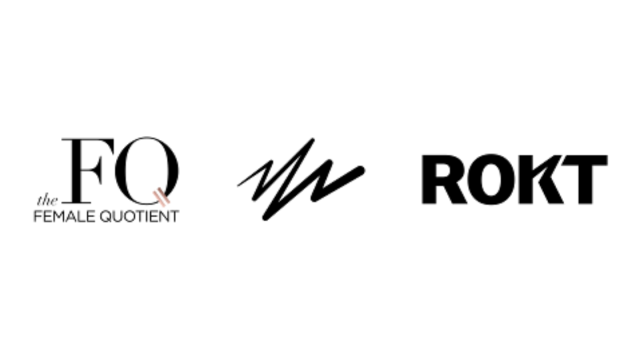Wasserman Study Reveals: 72% of Women Are Enthusiastic Sports Fans
The overwhelming majority of women around the world identify as avid sports fans, which means brands should know women a lot better than they do.
Following up on its 2019 Power Players report showing off the buying power of Gen Z and millennial women, Wasserman's women-focused practice The Collective just released a global study- The Collective Economy: A Global Understanding of Women’s Buying Power -that discovered 72% of women around the world consider themselves avid sports fans.
The study spoke with more than 8,000 women across 10 countries, five years after its initial study to provide brands a clearer picture of the world's women, who hold 75% of global discretionary spending power, but remain a mystery to many marketers.
"How do we understand who she is and how she is looking to engage with brands?" said Thayer Lavielle, managing director of The Collective. "It's sitting down to say what’s important to her…what is she looking for from brands, where are they falling short, and where are they standing up?"
In an attempt to help marketers know women in the marketplace better, The Collective's newest report ditched demographics and came up with consumer profiles that crossed categories and relied more on personal preferences and goals than on arbitrary assigned traits.
These six consumer personas aim to serve as composites of women and fans in the global marketplace. The Mindful Multitasker, for example, is a blend of Millennials and Gen Xers who value resilience and emotional well-being. The Empowered Advocate, meanwhile, skews younger and more socially conscious and is more typically found in Mexico, India, or the United Arab Emirates. The Global Dreamer is an optimistic traveler who spans Millennial and Gen X and blends both Asia-Pacific and Great Britain sensibilities.
"The reason that we settled in on personas was really the complexity with which brands have to operate today across the globe to serve so many diverse segments of women can be daunting and complicated and just hard, and so what we wanted to do was to try to unlock different ways to look at how to unify and create commonalities between women, across geographies, across demographics, across age groups," Lavielle said.
Among the report's findings-beyond the spending power women hold across categories including household goods, health products, and entertainment-is its most consistent: Women aren't a monolith. Not only is half of the world's population not a niche, but it also doesn't divide cleanly into demographic categories.
Across all regions, women in the study defined themselves less by their gender, race, and religion than they did through their passions (like sports), caregiving roles, and education. Nearly 80% of women would rather be recognized for their kindness and positive impact than their ambition and achievement.
That desire rises to 95% among Baby Boomers, which is only demographically significant because marketers still struggle to include older women in messaging. Where 80% of women ages 18–28 feel seen by brands, only 62% of those ages 61–65 can say the same.
Rewriting the playbook
While representation alone won't make women more likely to flock to brands, it doesn't hurt. Though 50% of women say it doesn't matter who is selling them a product in ads, 34% of millennial women and 41% of Gen Z women relate more to women in campaigns, while only 2% of women overall relate more to men.
From there, women value product quality and utility, and the storytelling around it, more than who is marketing it when making a purchase. But while 91% of women want brands to be authentic, 49% say ads aimed toward women still rely too heavily on stereotypes to reach their audience.
Worldwide, women are concerned less with roomfuls of marketers guessing over what women want than they are with what their family, in every definition of that term, wants from their purchases. A full 92% of women say family influences what they buy, even if they're often torn between their partner/parent/relative/child's needs and their own wants.
"Women are leading all of us, but women in particular are leading incredibly busy and complicated lives, and there’s a real role for brands to come in and support and serve women in a way that may not be done today," Lavielle said.


Post a Comment for "Wasserman Study Reveals: 72% of Women Are Enthusiastic Sports Fans"
Post a Comment